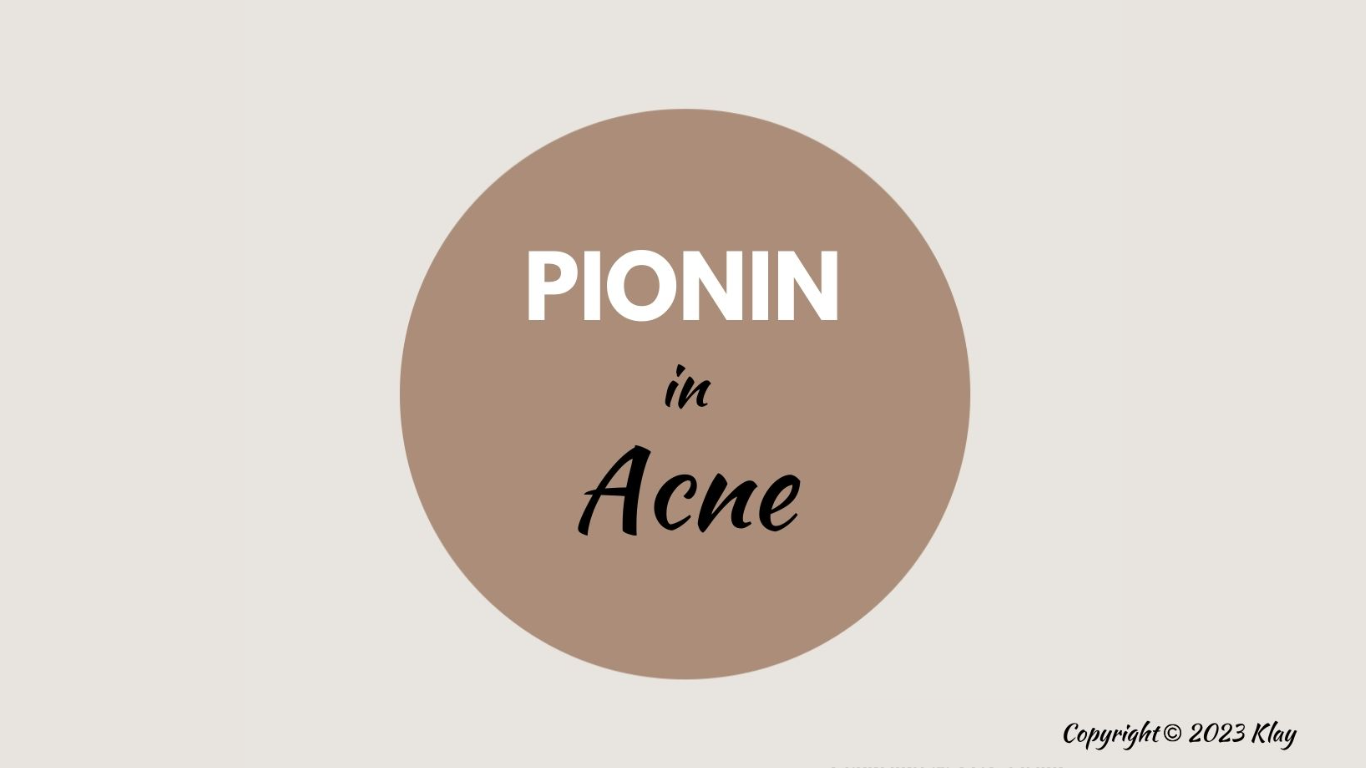Comedones are nothing but those pesky Blackheads and whiteheads that occur when skin pores and hair follicles get clogged with excess sebum (oil), dirt, and dead skin cells.

So What to do about them?
To explain it in detail, Comedones are tiny, noninflammatory bumps that develop when the skin pores and hair follicles become clogged with sebum, dirt, and dead skin cells. Although it can occur anywhere on the body, it majorly appears on sites with active sebaceous glands (oil-secreting glands) like the face, back, and chest.
Comedones are of the following types depending on the stage and size:
- Open comedones aka blackheads, are little black-spotted bumps that appear when open skin pores and hair follicles are clogged with excess sebum and debris which when exposed to air get oxidized and appear black.
- Closed comedones (whiteheads) are small, flesh-colored bumps that form when skin pores are plugged with excess oil below the skin.
- Microcomedones are small in size and are almost invisible to the naked eye. They depict the initial stages of comedones formation.
- Macrocomedones appear larger than average (~ 1 mm to 3 mm in diameter). They may be open or closed.
- Solar Comedones are caused due to sun exposure over a longer duration of time leading to thickening of skin and papule formation in swollen skin pores.
Comedones themselves are not painful but without proper intervention have the potential to get worse leading to more serious kinds of acne such as pustules, papules, and cysts.
What Are the Causes of Comedones?
- Genetics - Some people are simply more prone to developing comedones than others, due to the potential hyperactivation of sebaceous glands and other contributing factors.
- Hormonal changes: Comedones are more common during puberty when hormone levels are fluctuating.
- Excess oil production: People with oily skin are more likely to develop comedones, as the pores get clogged by excess sebum secretion also increasing the chances of growth of acne-causing bacteria.
- Unhygienic Lifestyle: Skipping on basic hygiene practices can build up dirt, dead cells, and bacterial growth thereby clogging skin pores and hair follicles, leading to comedones.
- Diet: Diary and sugar consumption also plays a role in increasing the chances of the development of Comedones and acne.
How to Manage Comedones?
Don’t worry it’s not that difficult,
- Maintain a Healthy Diet- Excess Diary, sugar consumption, and foods containing carbs may worsen the condition of comedones and inflame acne further.
- Over-the-counter (OTC) specifics containing ingredients that help to reduce oil production, exfoliate dead skin cells and inhibit bacterial growth.
- Prescription medications: It is always recommended to seek a doctor’s advice first as they will be a better judge of which medication may suit your needs and skin. Some of the medications that are usually prescribed are antibiotics to control the growth of bacteria, Isotretinoin, hormonal medications, etc.
- Expert-supervised Medical Therapies: Dermatologists recommended therapies like chemical peels, microdermabrasion, or light therapy can also assist in the management of acne in combination with medications.
Prevention of comedones
You can take a variety of steps to control the development of comedones, such as–
- Maintaining good hygiene.
- Removing makeup before bed.
- Avoid popping the zits otherwise it may lead to scarring.
- Avoid using comedogenic products.
- Applying sunscreen every day.
- Keep yourself hydrated.
- Getting enough sleep.
- Managing stress levels.
Ingredients that work to control comedones include:
- Salicylic acid is an oil-soluble molecule, which breaks down the oil or sebum accumulated in the skin pores thereby unclogging the skin pores and hence acting as a great keratolytic agent.
- Benzoyl Peroxide acts as an antibacterial agent that controls the growth of acne-causing bacteria P. acnes.
- Tea tree oil acts as an anti-inflammatory agent that treats acne and excess sebum production.
- Glycolic acid has a strong exfoliating action.
- Azelaic acid also has keratolytic, antibacterial, and melanin-reducing properties.
Ingredients to Avoid:
- Alcohol-containing products - Avoid toners and astringents that can dry out and irritate your skin. The dryness of the skin produces more oil, which can cause more breakouts.
- Fragrance – It can irritate your skin as it contains alcohol and even dry out your skin.
- Sulfates and Parabens – Avoid using skincare products containing paraben and sulphate as they might cause inflammation and irritation.
- Oxybenzone - It is a UV blocker that is found in sunscreen and can clog pores exaggerating the condition.
- Mineral oil- It is a comedogenic ingredient, therefore, may worsen the condition.
Conclusion
One can’t completely avoid comedones but actively maintaining a healthy skincare routine can decrease acne development and may assist in preventing the worsening of the condition.
So, Be gentle with your skin and remember every routine takes time to work till then don’t let the fire of acne scar your pristine heart.



Leave a comment
All comments are moderated before being published.
This site is protected by hCaptcha and the hCaptcha Privacy Policy and Terms of Service apply.